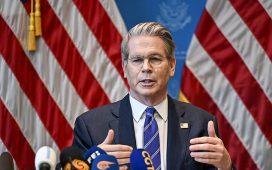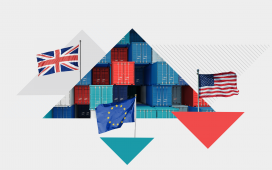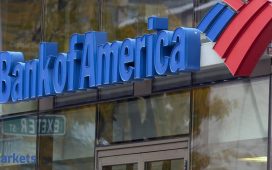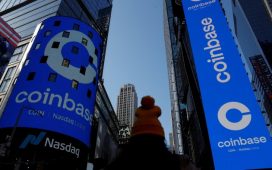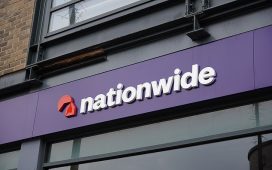No piece of economic data is viewed more closely in the US than monthly employment numbers.
So there was intense interest in the latest non-farm payrolls, which showed that over the last three months job creation, which previously had been robust, is now at its lowest level since mid-2020.
So even though the headline unemployment number slipped to 4.2 per cent of the workforce, there is rising concern that America’s buoyant economy is heading for a slowdown, if not recession.
Putting so much on any one economic number might be mistaken. But the ripples can spread far and wide. In July, a surprising drop in the pace of employment gains sent share markets across the globe into a tailspin. Now it is happening again.
Weakening US job prospects will almost certainly hasten an era of lower borrowing costs. The chairman of the Federal Reserve, Jay Powell, was clear at the Jackson Hole symposium in August that it is time to cut US interest rates.

Concern: Weakening US job prospects will almost certainly hasten an era of lower borrowing costs
This view has been echoed by president of the New York Fed John Williams – who conducts day-to-day money market operations – in a speech yesterday. He removed any doubt that the time has come to lower American money costs.
Several major central banks, including the Bank of England and the European Central Bank, have already cut rates.
The big debate now is whether the US central bank will go big at its September session and cut the key federal funds rate of 5.25 per cent to 5.5 per cent by a full half percentage point. There is a concern that the Fed may have overdone the monetary medicine and kept US rates too high for too long.
Amid geo-political turmoil and trade barriers going up across the world, there are fears that the much trumpeted soft landing could become much harsher. Added to this is uncertainty about the outcome of the US election. Both presidential candidates are likely to be bigger spenders. Kamala Harris, part of the fiscally louche Biden years, is far more cautious than Donald Trump. It is calculated he could add as much as $5.8 trillion to the US deficit over the next decade, more than five times his Democratic rival.
Traditionally, falling interest rates are good for shares and bad for bonds. But this time around, rates are not expected to hit rock bottom, as was the case in the great financial crisis and Covid-19. Moreover, stock market valuations are high and profits are being taken. This week, the Oracle of Omaha, Warren Buffett, took the opportunity to clear a $7billion (£5.3billion) profit on Bank of America shares. This follows recent sales of tech holdings.
Keep the seatbelts tightened.
Cyber heist
The sudden, unexpected departure of Poppy Gustafsson as chief executive of cyber-security pioneer Darktrace is puzzling. Coming as it does on the eve of the company’s acquisition by US private equity outfit Thoma Bravo, it is not a good look.
High-tech is an industry built on scientific and software skills and they largely rest with the people at the top. It is hard to imagine most of the ‘magnificent seven’ without the tech genius of founders. One assumes Thoma Bravo cannot be overjoyed with Gustafsson’s departure, even though she has agreed to become a non-executive. Being an ‘independent’ on a private equity-controlled company board is pointless.
The whole premise of buyout firms is that companies can be run much more efficiently behind closed doors without the pernickety interventions by non-execs worried about off-the-rails bosses and governance.
It is not clear whether the recent death of Mike Lynch, an early backer of Darktrace through Invoke Capital, was a factor in Gustafsson’s thinking. But we know from Lynch’s Autonomy saga, selling-out can be traumatic.
Facing the music
Live music lovers are still smarting over the discovery that Oasis ticket distributors deploy dynamic pricing to maximise returns. They may be disturbed to learn of a recent deal which saw private equity barons KKR spend £1billion on Superstruct Entertainment. It runs live experience festivals across Europe, such as the world’s largest Heavy Metal festival in Germany and the Y Not Festival in Derbyshire.
Fans shouldn’t expect tickets, merchandise or concessions to get any cheaper.
DIY INVESTING PLATFORMS

AJ Bell

AJ Bell
Easy investing and ready-made portfolios

Hargreaves Lansdown

Hargreaves Lansdown
Free fund dealing and investment ideas

interactive investor

interactive investor
Flat-fee investing from £4.99 per month
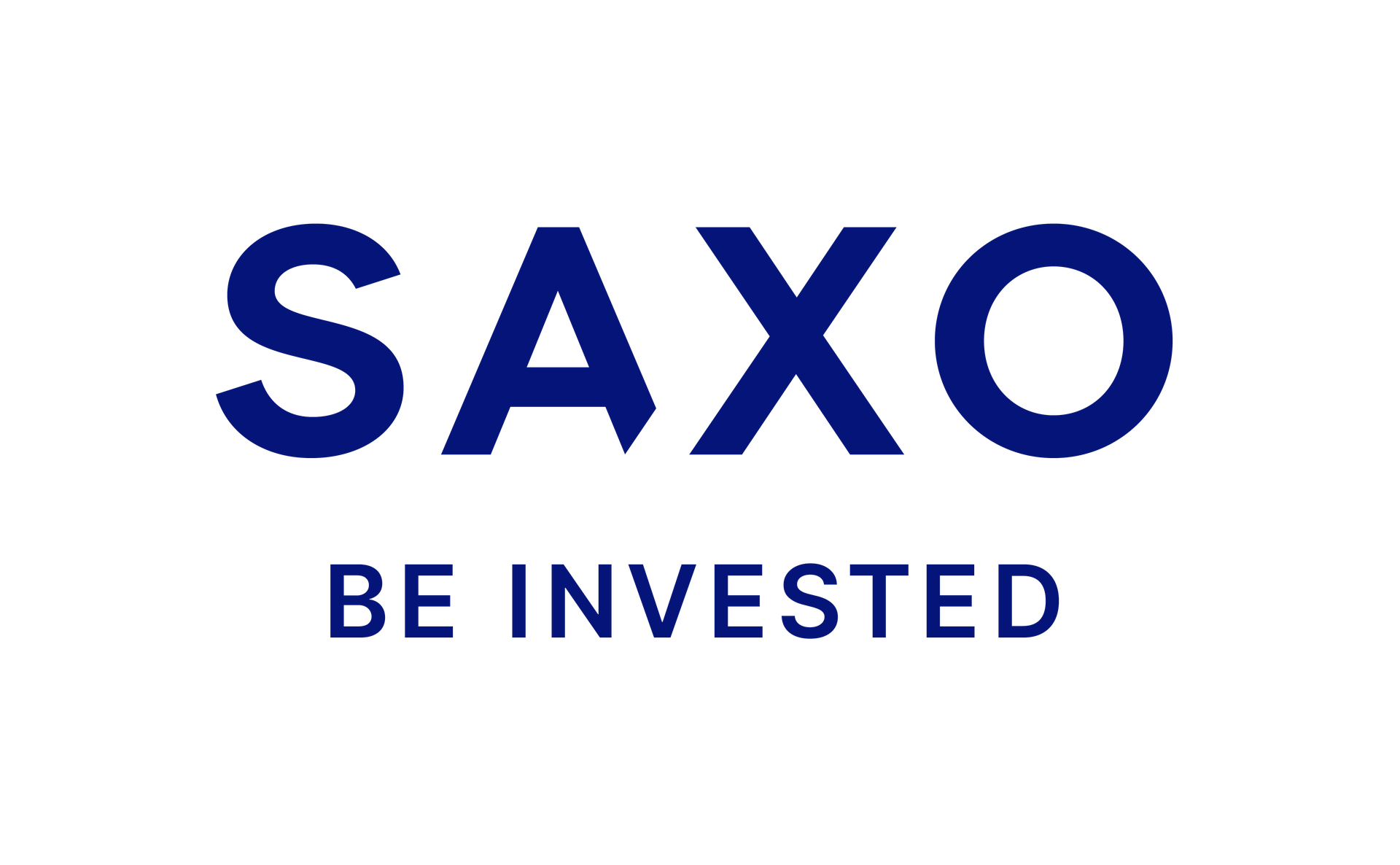
Saxo

Saxo
Get £200 back in trading fees

Trading 212

Trading 212
Free dealing and no account fee
Affiliate links: If you take out a product This is Money may earn a commission. These deals are chosen by our editorial team, as we think they are worth highlighting. This does not affect our editorial independence.

